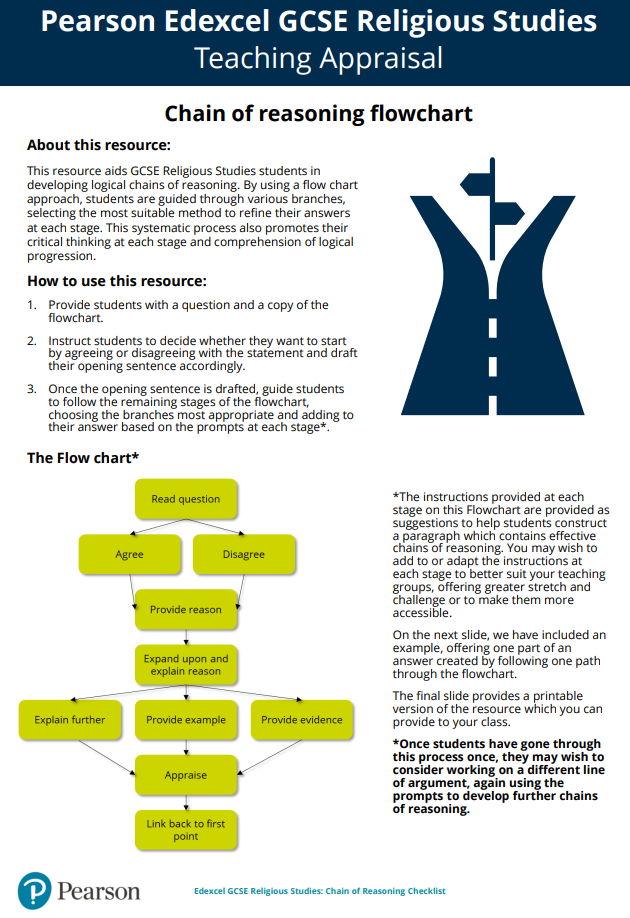Every year, NATRE run a 'Spirited Arts' competition. The competition runs from the beginning of the school year to 31 July 2025. These can be in any art form and respond to one of the following 6 themes:
1. Living in a diverse world
Strong communities cope well with diversity. RE can make a good contribution to communities by teaching pupils about the wisdom of religious and non-religious worldviews on human equality and by challenging negative attitudes. We are all different, and all religions are different – but are we all the same too? What holds our communities together? Is it faith? Hope? Love? Music? Sport? What threatens to tear us apart – racism, hatred, bigotry? How can we conquer the forces of division? Teachers and pupils might focus on their local community, look at a national perspective or even consider a global community.
2. Stories that change lives
The power of religion is often shared in stories: Think of stories of the Buddha, Krishna or Gandhi, Jesus’ parables, stories of Jacob or Moses, Guru Nanak or the Prophets of Islam (don’t picture them!). This theme asks you to choose one story from religion – ancient or modern – and show in your artwork how it can make a difference to a person’s life today. Here are some examples: the story of poor suffering Job, or of the Four Sights of Siddhartha in Buddhism, and think deeply to create a brilliant image of the story and its power. Can you use a non-religious story? Yes - if it has power to change lives! Good entries may link ancient and modern, or perhaps draw upon more recent stories for inspiration. Younger pupils may love this theme. It could be a chance to do class project work, grand scale group entries, based on a shared story. Senior students may tackle a less well-known example, bringing out true meanings in the art.
3. Thinking about God?
How do people envisage God? Why do visions of God differ around the world? Atheist, agnostics and theistic pupils can all respond to this theme. Express your ideas about God with some original creativity. Where is God? Who is God? The great creator? Prayer answerer? He or she? Above us all or in every human heart? Or is she hiding? Is he not there at all? Unreal? Imaginary? If you wanted to find out who God is where would you search? Google or a ‘god-detector’? Is God on Instagram, TikTok or WhatsApp? Can we know God by praying and worshipping, or serving people in need? What do you think about when you think of the word ‘God’?
Note: The ‘where is God?’ theme from previous years fits well here.
4. Sacred Places
Mosque and Mandir, Church and Chapel, Gurdwara and Synagogue, a special place at home or outside in nature: spaces for wonder and awe, for ritual and symbol, for believers and visitors. This theme could be a space for photography, collage, group work or reflections on class trips to places of worship. But then some people’s sacred space is on the beach, in the mountains, by the riverside. And for others, it is in the city, among the people who carry heavy loads, even in war-torn space – can God be found there? This theme will be popular with primary class groups who have been on a trip, but 14-19s with a sacred space of their own can win too.
5. All God's Creatures?
Do animals belong to God? Are they part of a divine plan? Do animals have souls? The beauty and sheer awesomeness of non-human animals with whom we share planet Earth is celebrated in many of the world’s religions. Respect for the worth of all animals is at the hearts of some non-religious worldviews too, like Ethical Veganism. Some worldviews see all living beings as interconnected, yet others emphasise the separateness and superiority of humans over other animals. Animals play a huge part in all our lives, whether we realise or not. How humans interact with other animals and the natural world impacts on all living beings and the planet. This theme invites exploration of ideas and beliefs about non-human animals. Challenge learners to engage thoughtfully with scripture, philosophy, and scientific enquiry to write an inspiring passage to accompany stunning images.
Note: The ‘Why do animals matter?’ theme from last year fits well here.
6. Making sense of life
Religious and non-religious worldviews offer answers to fundamental questions raised by human experience. What is the nature of ultimate reality? What is truly real – material stuff, love, spiritual forces, the divine? Can we know anything at all? What is the purpose of living – pleasure, service, procreation, growth, creativity, submission to God? What is our destiny? How do we decide how to live? Create a piece that reflects some of the big questions raised by being human, and the answers your worldview offers – or a selection of worldview responses to compare. The best work will balance theological and philosophical thinking with creative expression.
All themes are suited to both primary and secondary pupils, teachers are advised to share them with RE classes in age-appropriate ways and ensure pupils can respond at their own level, whether they are 4 or 14, 8 or 18.
Enter Spirited Arts | NATRE Competition
Find out more information from the NATRE website.

